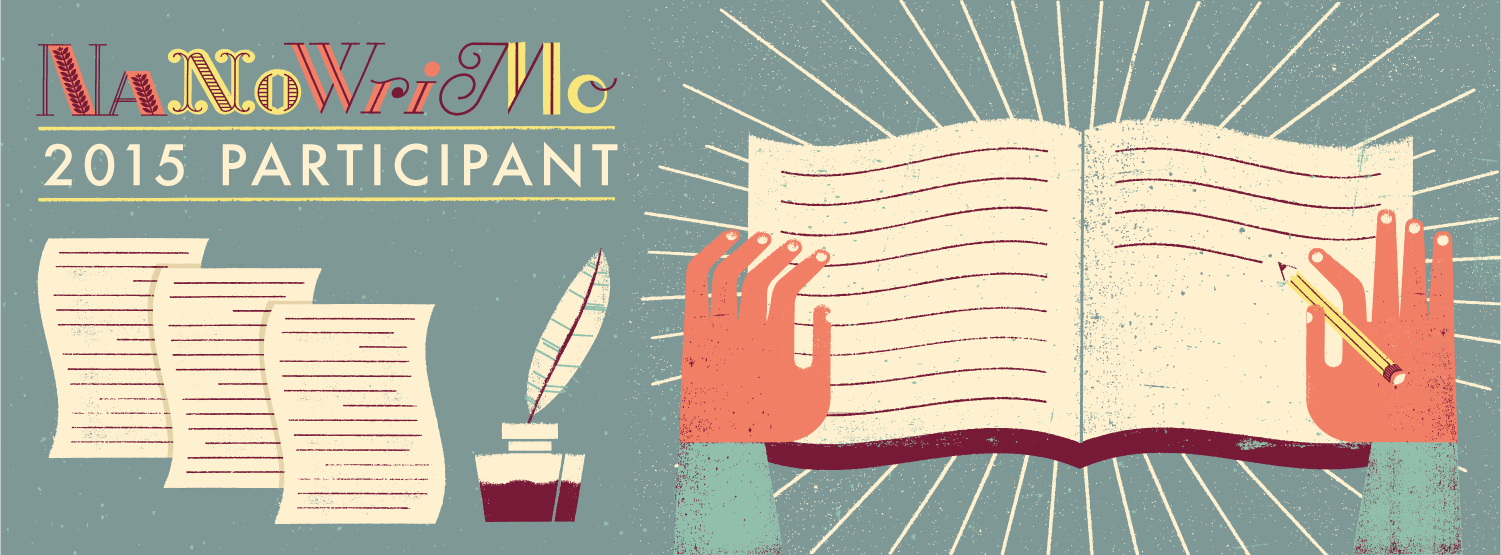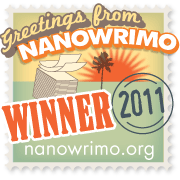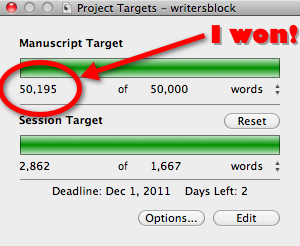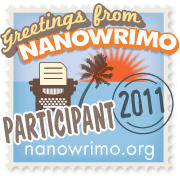
Haroun and the Sea of Stories is ostensibly a children’s or young adult book, but the philosophical underpinnings and questions it raises are definitely meant for people of all ages to ponder. It was the first book Rushdie wrote after the fatwa dictated by the Ayatollah Ruhollah Khomeini put Rushdie’s life in danger in an attempt to silence Rushdie’s own stories. It’s a fantastic novel that explores the complexities of where stories come from and what happens when they are “polluted” by those who would attempt to use them for their own ends or to silence them altogether. Motifs such as freedom of speech, the truth or reality of stories, creating meaning from stories in a modern world, and the purpose of stories and storytelling are at the center of what looks, at first blush, like a fantasy children’s tale. It’s a thoughtful meditation on the importance of stories. Rushdie apparently began telling the story orally to his son at bathtime, and it later evolved into this book.
I will start teaching it tomorrow to students in my ninth grade World Literature course. I should have finished the novel a long time ago, but it’s not been an easy year for me in a lot of ways, and perhaps it’s for the best that I waited to read it so that it is quite fresh for me. It means I wasn’t able to help as much as I wanted to with the initial planning of the novel, but I am blessed to have wonderful colleagues who stepped in when I wasn’t ready, and I feel I can contribute now. I’m so glad we picked this book, not just because it has a hero’s journey motif, which is one focus for the year, and not just because we were able to introduce an Indian author where previously we had a white British author, but also because it’s an excellent book that speaks to our schoolwide essential question: How do we honor and harness the power of our stories?
Rating:













